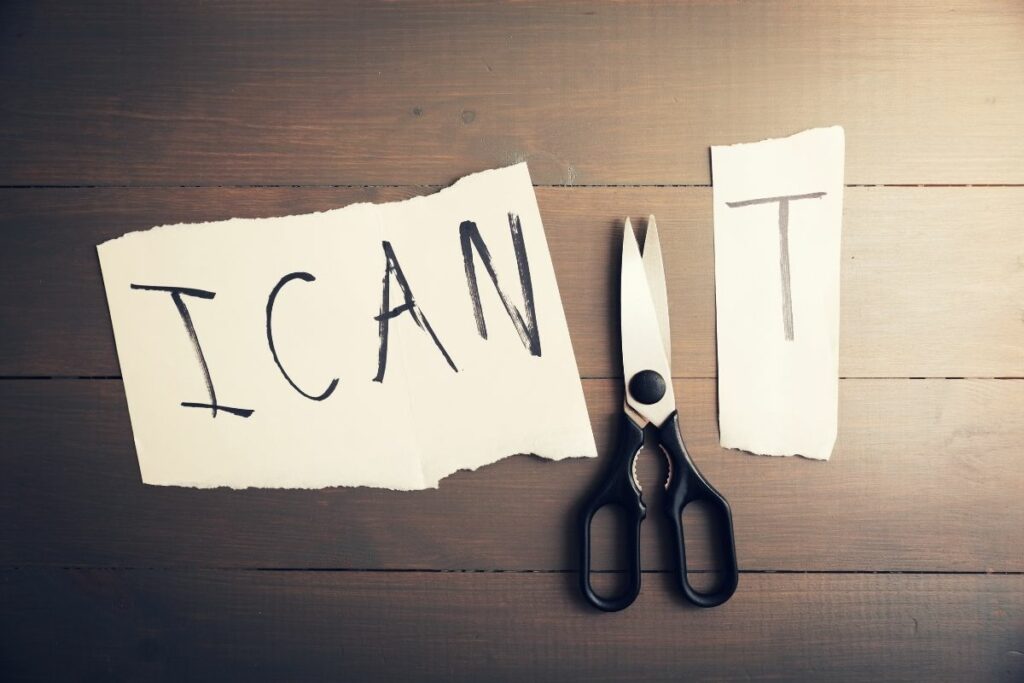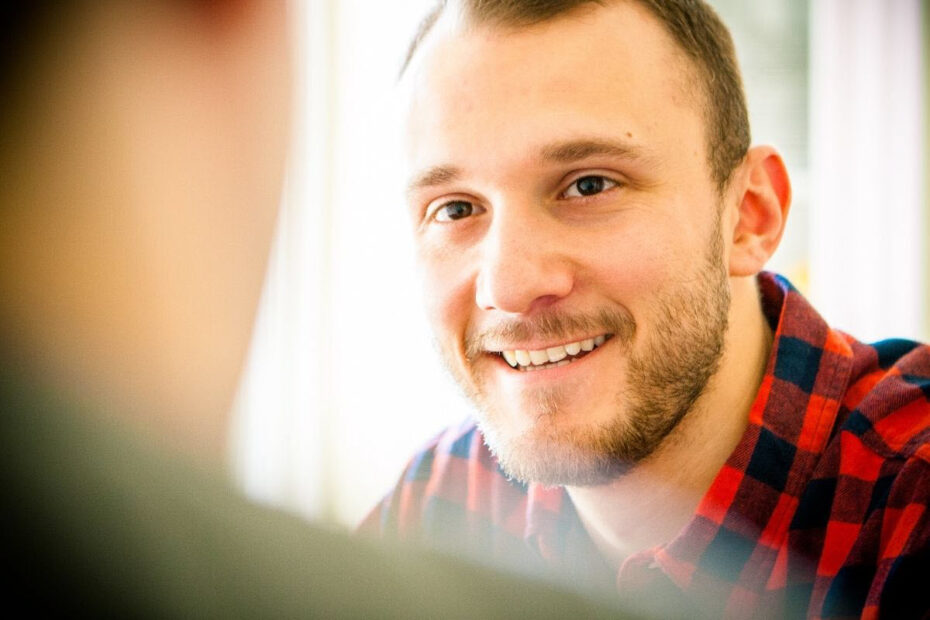If you asked a very successful person ‘what contributed to their success’, there’s a good chance that they will include ‘believing in myself’ in that list.
Rightly so! Self-confidence is one of the most powerful skills one can have.
We call it a skill deliberately – self-confidence can be learned, cultivated and improved. It is not an innate trait people are born with.
What is self-confidence
But what exactly is self-confidence? Simply, it is the ability to believe in yourself, in your abilities and skills. It means you trust yourself, which leads to an ‘I-can-do-this’ mindset.
Most importantly, people with self-confidence feel powerful enough to control their life and the path they take.
Why confidence is important
Confidence helps us to navigate through life’s challenges, opportunities and relationships. Believing in ourselves leads us to believe we can achieve our purpose in life. People with low self-confidence fear failure to a point where they often don’t set goals nor do they take action towards achieving them.
Self-confidence is attractive. People who believe in themselves are often charismatic and have a ‘contagious’ positive attitude that makes other people want to get ‘closer’.
5 Tips to grow your self-confidence
1. Remember
A good exercise to develop self-confidence is to travel down ‘memory lane’ and to think about events or tasks – small or big – in your life where you feel a deep sense of achievement.
These events can be something like when you learn a new skill that initially seemed pretty hard or impossible – i.e. skiing or playing a musical instrument. Or it could be a time when you did particularly well at school or work. Write it all down. Try to document as many achievements as you can remember.
Think about how you felt both mentally and physically – did you feel energised? How did your body language change? Did your muscles relax? Did your posture change? Draw back from your muscle memory and the feeling of enjoyment that accomplishments bring.
2. Challenge yourself
Challenges are important as they often push us out of our comfort zone. They also help us to determine goals to work towards. These challenges do not have to be extraordinary. It is important to start with something that feels achievable.

3. Surround yourself with positive people and positive things
There’s no doubt that the world can be a tough place. It is very easy to fall into pessimistic thoughts and attitudes when we pay attention to negativity. Do you follow the news? If so, think about how it makes you feel. Anxious? Hopeless? Helpless? Worried?
If you say yes to any of the above questions, it is worth considering how negativity is having an impact on your life and on your ability to believe in yourself.
The same can be said by the people you are surrounded by – including close family members. Are they a positive influence on you? Do they lift your spirits? If so, that’s great news.
People who are negative, and judgemental and do not share the same values as you are likely to bring you down.
4. Recognise your fears – work towards solutions
Having self-confidence does not mean you can’t have fears or that you will never experience hurdles or make mistakes.
An important part of self-confidence is self-awareness and the ability to recognise our limitations, admit mistakes and ask for forgiveness.
People with high levels of self-confidence are not only likely to recognise their limitations, but they also work towards overcoming them – including asking for help.
5. Avoid comparisons
Self-confidence is about feeling great about yourself, your life and your contribution to the world. Self-confidence is not a competition. A self-confidence person is more likely to celebrate other people’s achievements while a person with low self-esteem is more likely to feel envious.
Self-confidence is about looking inward rather than being better than someone else. It is about achieving our life goals and purpose.
How can we benefit from increased self-confidence
Self-confidence is our foundation.
Without it, there is very little chance we could accomplish much in life – including the simple and small things. Self confidence has an enormous impact on our careers, relationships and health.



